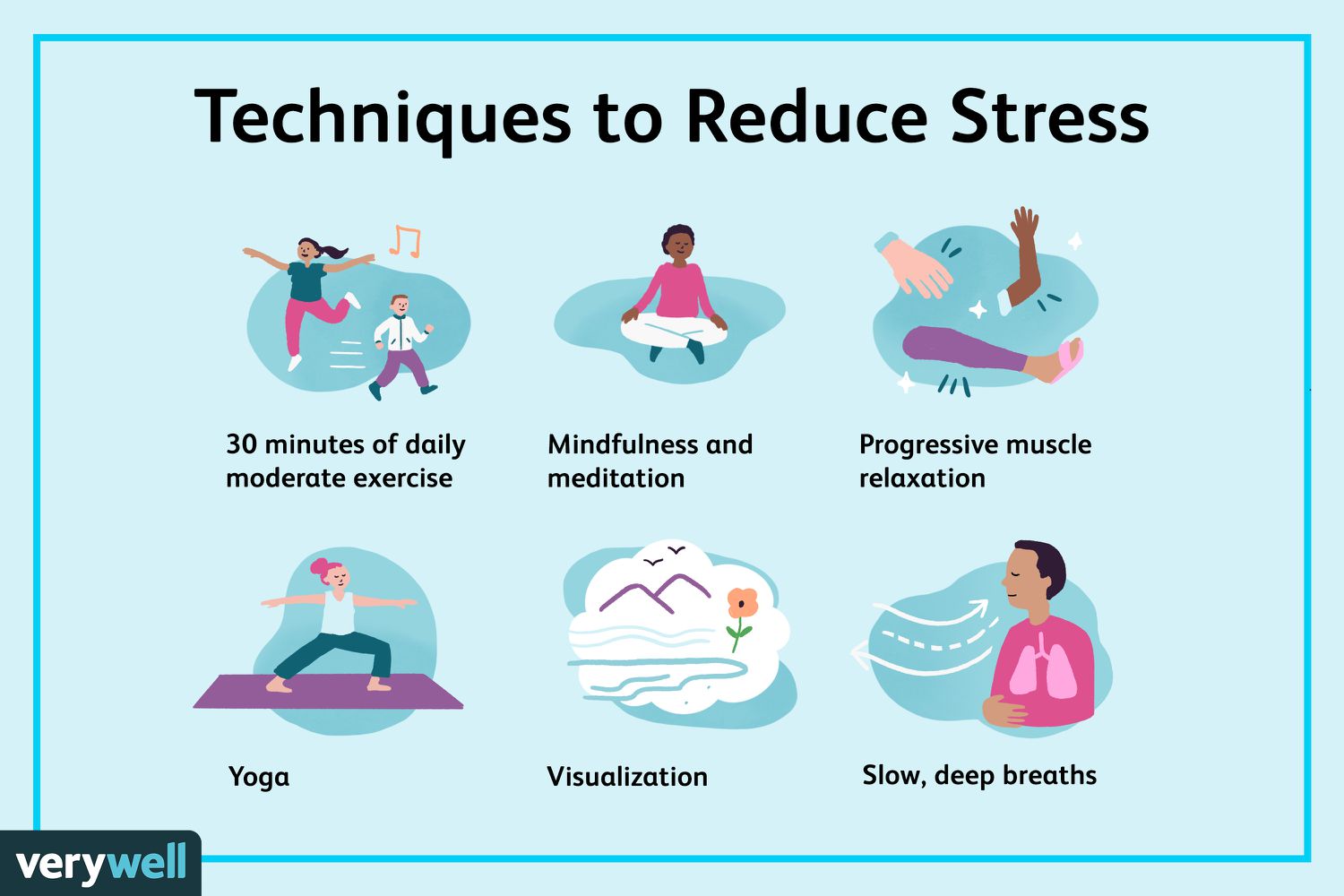Preparing for the Unexpected: Why Health Insurance is a Necessity
In life, uncertainty is inevitable. While we often strive to plan for the future and mitigate potential risks, some events remain beyond our control. One such area of uncertainty that affects everyone is health. From unexpected illnesses to unforeseen accidents, the need for medical care can arise at any moment, wreaking havoc on both our physical well-being and financial stability. In this article, we delve into the importance of health insurance as a vital tool for preparing for the unexpected and safeguarding against the financial burdens of medical emergencies.
The Unpredictability of Health
Despite our best efforts to maintain a healthy lifestyle, the reality is that health-related issues can strike unexpectedly, regardless of age, gender, or socioeconomic status. Whether it’s a sudden illness, a debilitating injury, or the diagnosis of a chronic condition, the financial implications of medical treatment can be daunting, often leading to significant financial strain for individuals and families.
Moreover, the rising costs of healthcare services, medications, and procedures further exacerbate the financial burden associated with medical care. Without adequate insurance coverage, individuals may find themselves facing exorbitant out-of-pocket expenses, forcing them to make difficult choices between their health and financial well-being.
The Role of Health Insurance
In light of the unpredictability of health, the importance of having comprehensive health insurance cannot be overstated. Health insurance serves as a crucial safety net, providing individuals with access to necessary medical care while mitigating the financial risks associated with illness or injury. By spreading the cost of healthcare across a broader pool of insured individuals, health insurance helps distribute the financial burden more equitably, making quality healthcare services more accessible and affordable for everyone.
Moreover, beyond covering the expenses of medical treatment, health insurance offers invaluable peace of mind. Knowing that you have insurance coverage in place provides a sense of security, allowing you to focus on your health and well-being without the constant worry of facing financial ruin due to unexpected medical bills.
The Consequences of Being Uninsured
Despite the clear benefits of health insurance, a significant portion of the population remains uninsured or underinsured. For many individuals and families, the perceived cost of health insurance premiums may deter them from obtaining coverage, leading them to gamble with their health and financial future.
However, being uninsured can have dire consequences. Without insurance, individuals may delay seeking medical attention or forgo preventive care altogether, putting their health at risk and potentially exacerbating underlying health conditions. Furthermore, in the event of a medical emergency or serious illness, the absence of insurance coverage can result in crippling medical debt, bankruptcy, and even the loss of assets.
Access to Quality Healthcare
In addition to providing financial protection, health insurance plays a pivotal role in ensuring access to quality healthcare services for all members of society. By facilitating timely medical interventions and preventive care measures, health insurance helps mitigate the severity of illnesses, improve health outcomes, and enhance overall population health.
Furthermore, health insurance encourages individuals to engage in proactive health management by promoting preventive screenings, vaccinations, and wellness initiatives. By addressing health concerns at an early stage, insurance coverage can help reduce the incidence of chronic diseases, lower healthcare costs, and enhance the overall quality of life for individuals and communities.
Conclusion
In an uncertain world where health-related emergencies can strike without warning, the importance of health insurance cannot be overstated. By providing financial protection, ensuring access to quality healthcare services, and promoting preventive care, health insurance serves as a vital tool for preparing for the unexpected and safeguarding against the potentially devastating consequences of medical emergencies.
As individuals, families, and policymakers grapple with the complexities of healthcare financing and delivery, it is essential to recognize the intrinsic value of health insurance as a cornerstone of a robust and equitable healthcare system. By prioritizing universal access to comprehensive health insurance coverage, we can strive towards a future where everyone has the opportunity to lead healthy, fulfilling lives without the fear of financial ruin due to unforeseen medical expenses.









